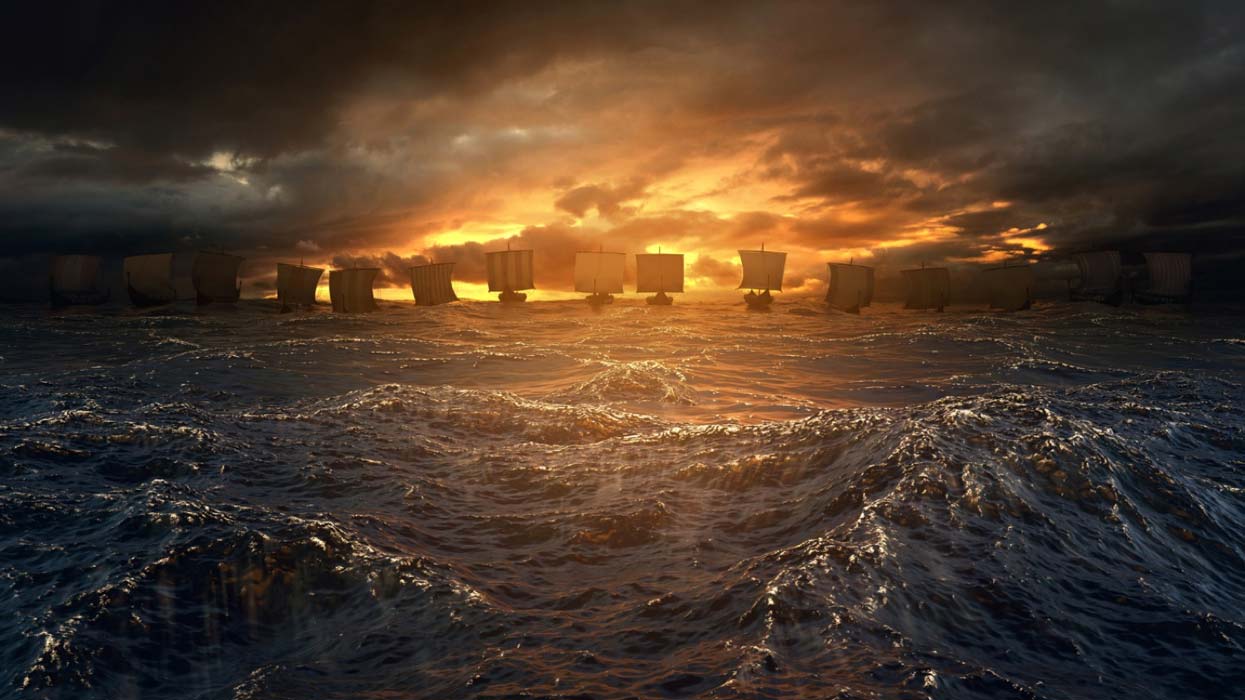Irish
The Irish (Muintir na hÉireann or Na hÉireannaigh) are a nation and ethnic group native to the island of Ireland, who share a common ancestry, identity and culture.
One Roman historian records that the Irish people were divided into "sixteen different nations" or tribes.
Among the most famous people of ancient Irish history are the High Kings of Ireland, such as Cormac mac Airt and Niall of the Nine Hostages, and the semi-legendary Fianna.
At the end of the 8th century, Ireland was homogeneously Gaelic in terms of society, culture and language. People lived in rural communities, and the only larger settlements were monastic towns of varying sizes.
The monasteries played an important part in society, not just with regards to religious and cultural life, but also to economy and politics.
Christianization had begun in the 5th century, and by the early 9th century the island was almost entirely Christian. However, the Martyrology of Tallaght (written sometime in the 8th or 9th century) hints that paganism had not yet been fully uprooted.
Naming Traditions
Feminine names
Examples
Ailis, Blánaid, Bláth, Caitrín, Doireann, Máirín, Nuala, Róis, Rónait, Saorla,Masculine names
Examples
Adomnán, Áengus, Cruimín, Eoin, Irial, Lachtna, Leanan, Mícheál, Muireach, NéamhFamily names
The Irish were among the first people in Europe to use surnames as we know them today.
While both genders share the same last names, they have different prefixes with different meanings. The men either have 'Ó' or 'Mac'. 'Ó' before a surname means 'grandson of' and 'Mac' means 'son of'.
Unmarried women will either have 'Ní' (daughter of the grandson of) or 'Nic' (daughter of the son of).
Remove these ads. Join the Worldbuilders Guild










Comments